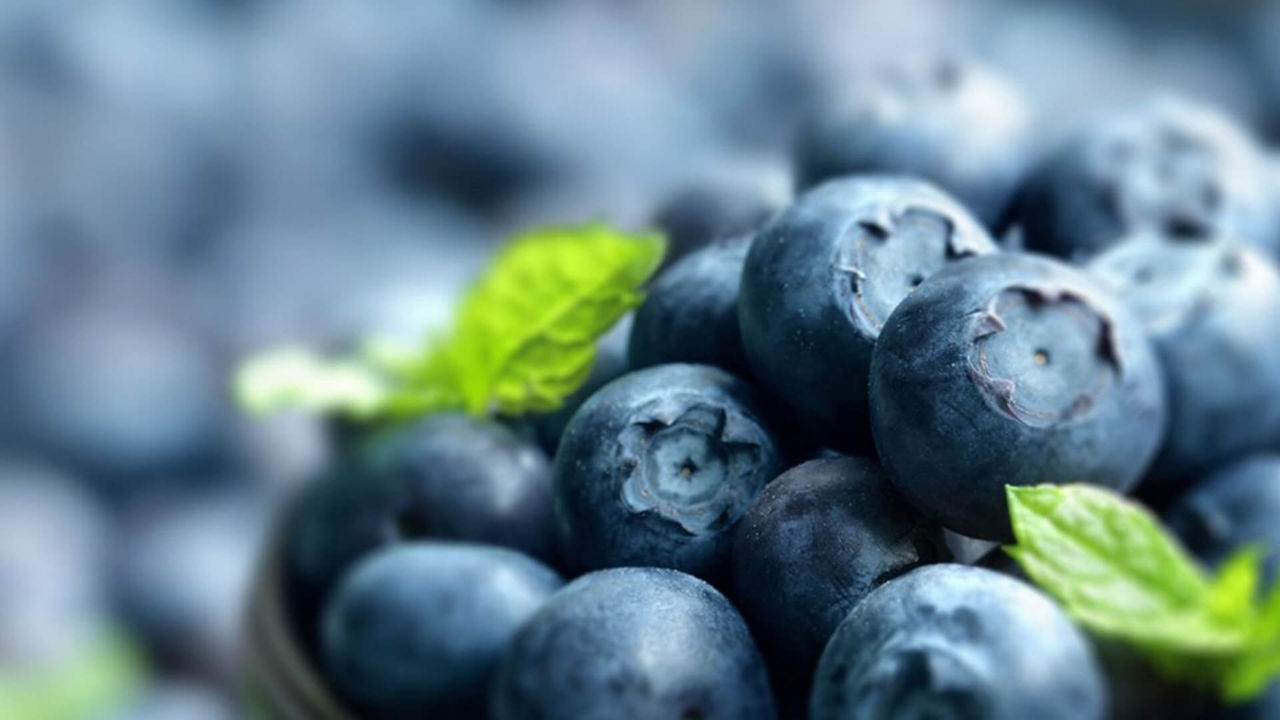- Long-chain polyunsaturated fatty acids (LCPs) help your baby develop during pregnancy
- Omega-3 and Omega-6 are essential fatty acids because they can only be obtained through diet
- Omega-3 supports a baby’s heart, brain and vision. Omega-6 supports heart health and positively affects cholesterol
Essential fatty acids and your pregnancy diet

Key points
Long-chain polyunsaturated fatty acids (LCPs) help the body function normally. They are important for both your own health and your baby’s normal development throughout pregnancy.
Omega-3 and Omega-6 are two families of LCPs that have been named essential fatty acids because the body is unable to make them. They can only be obtained through your diet.
Omega-3: supporting baby’s heart, brain and vision
Omega-3 fatty acids can help reduce risk factors of developing heart disease. This type of fatty acid also plays an important role in the development of your baby’s brain, nervous system and eyes, and contributes to normal cognitive development, which enables your baby to think and learn.
Potential long-term benefits of Omega-3 fatty acids to your baby during pregnancy and lactation include:
- A healthy birth weight
- Reduced risk of preterm delivery
- Reduced risk of developing eczema later in life
- Healthier, stronger bones
- A positive effect on overall development, including verbal, motor and social skills
Omega-3, found in oily fish like salmon and mackerel, is especially important for mothers during late pregnancy and the first few months after birth. It is thought to potentially reduce your risk of antenatal and postnatal depression.
Omega-6: getting a healthy balance
Like Omega-3 fatty acids, the Omega-6 fatty acids found in vegetable oils are beneficial in supporting heart health and positively impact blood cholesterol. Consuming recommended amounts during pregnancy will help to build up your baby’s stores, ready for life after birth.
LCPs and your pregnancy diet
While you are most likely already getting sufficient amounts of Omega-6 fatty acids, many people, including mums-to-be, aren’t consuming enough Omega-3 fatty acids.
Oily fish such as salmon, sardine and mackerel are some of the richest sources of Omega-3. During pregnancy it’s recommended that you eat 2 portions per week for a healthy intake. Any more than this and you might be exposed to the high mercury content in these fish.
Vegetarian sources of Omega-3 include walnuts, Omega-3-enriched eggs, and flax seeds.
Related pages

Get in touch with our Careline experts
When your little one is unhappy or unwell you want reliable support from a trusted source. Our Careline team of nutritionists, dietitians and midwives specialise in infant and child health, offering free nutrition, feeding and product information.
Every feeding journey is unique
Not every parent can produce breast milk. No matter what choice you make, we will support your unique feeding journey.
We at Nutricia believe in providing the best nutrition for babies, which is why we recognise breast milk is uniquely superior for babies as it provides many benefits. It is important that mums have a healthy diet to support breastfeeding. A decision not to breastfeed, or partial bottle feed, may reduce breast milk supply making it difficult to reverse. The cost and social implications of using feeding methods should be considered. Always seek professional advice about feeding your baby. Ensure formula is used as directed as improper use can affect baby’s health.
REMEMBER: The information on this page is general only. If you have any concerns about your baby’s poo or questions about constipation or any other health concerns, please speak to a healthcare professional, like a Pharmacist, GP or Maternal Child Health Nurse.




